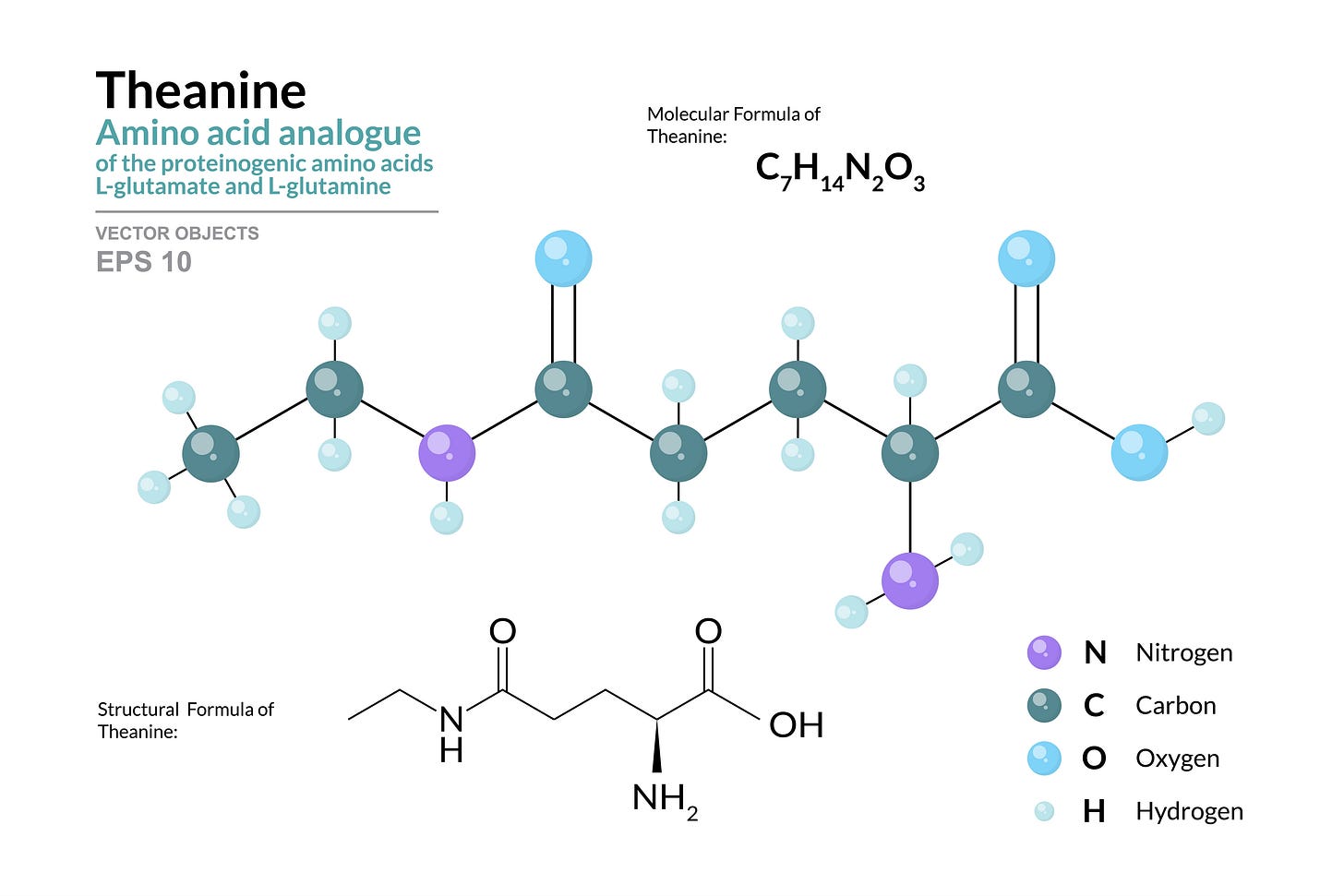Enhancing Meditation: The Role of Supplemental L-Theanine in Elevating Mindfulness
Free Professionally Filmed and Edited Course on Meditation and Neuroplasticity
Introduction
In the pursuit of mental well-being and enhanced cognitive function, individuals often turn to meditation as a powerful tool. Meditation has been associated with numerous benefits, including stress reduction, improved focus, and heightened self-awareness. While med…



